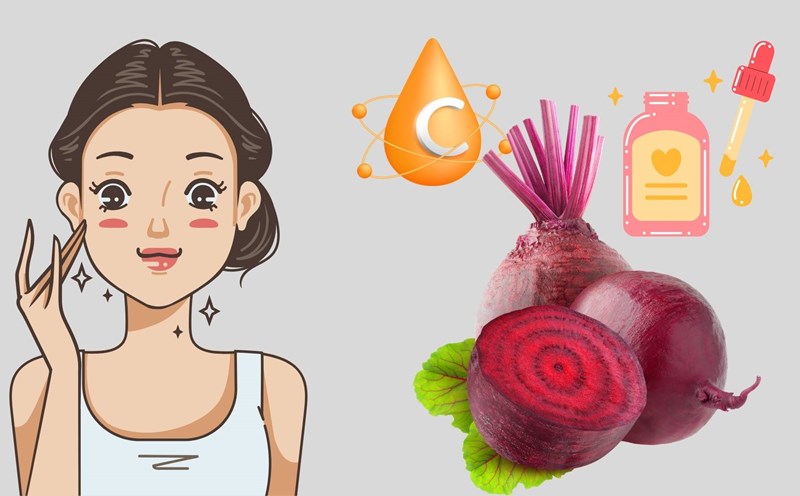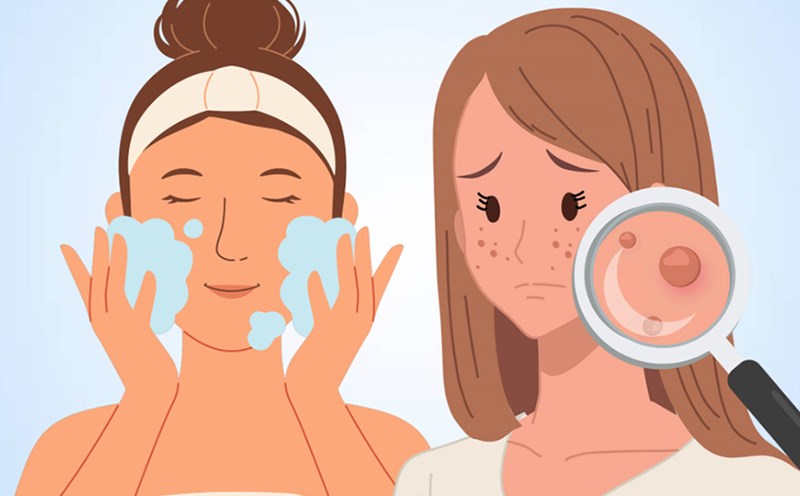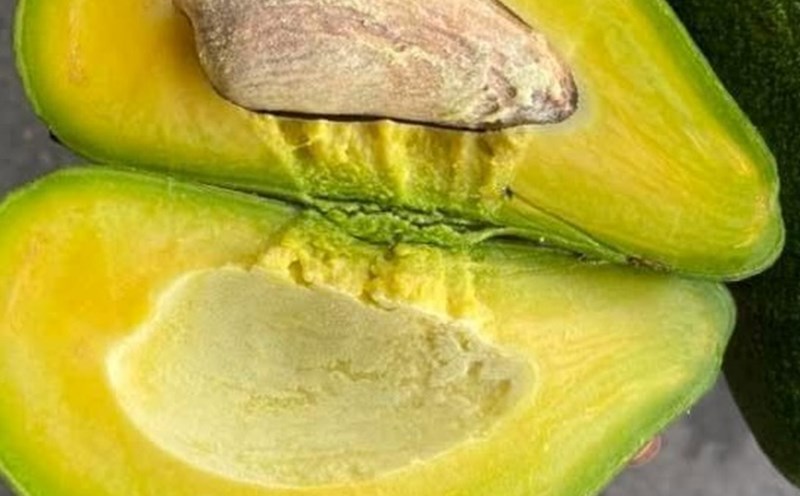Children's skin, especially during puberty, is often affected by hormonal changes and the environment. Instead of relying on serum or expensive skin care products, focus on your diet, which plays a decisive role in nurturing healthy skin.
According to Dr. Rinky Kapoor, dermatologist at The Esthetic Clinics (Mumbai, India), an expert at indianexpress, a nutritious diet will support collagen production, strengthen cell membranes and protect the skin from the effects of UV rays as well as pollution.
Foods rich in vitamins A, E, C and antioxidants help boost immunity, repair cell damage, and maintain elasticity and radiance for young skin.
Here are 5 food groups that parents should add to their daily meals to help their children have healthy skin from within:
1. Green leafy vegetables
Vegetables such as spinach, kale or arugula contain many vitamins C, E and antioxidants, helping to prevent the harmful effects of sunlight and dust. In addition, the rich water content in green vegetables also helps hydrate, keeping the skin soft and bright.
2. Fatty fish
Salmon, mackerel or herring are rich in Omega-3 fatty acids - nutrients with anti-inflammatory properties, support a skin barrier and prevent acne. Flaxseeds are also an ideal omega-3 alternative for children who rarely eat fish.
3. Berries
Strawberries, blueberries, raspberries are rich in anthocyanin and vitamins A, C, E, a trio of yellow nutrients that help fight oxidation, slowing down the skin's aging process. In addition, oranges and kiwis also contain a lot of vitamin C, which supports collagen synthesis, giving you firm and smooth skin.
4. Nuts and seeds
Almonds, walnuts, chia seeds or pumpkin seeds provide essential fatty acids and micronutrients, helping the skin retain water better and maintain elasticity. This is also a healthy snack that replaces sugary sweets that can easily make the skin worse.
5. Yogurt and fermented foods
Yogurt contains probiotics that help balance the intestinal microflora, thereby reducing inflammation, the cause of many skin problems such as acne. Research shows that probiotics also help maintain natural moisture, helping young skin become brighter and healthier. However, children with weak immune systems should consult a doctor before taking probiotic supplements.
Dr. Rinky Kapoor also emphasizes that in addition to reasonable nutritional supplements, parents need to encourage children to drink enough water, get enough sleep and limit bad habits such as consuming a lot of sweets and carbonated soft drinks.
These are important factors to maintain healthy skin, especially during the period of strong physical and psychological development of children.











